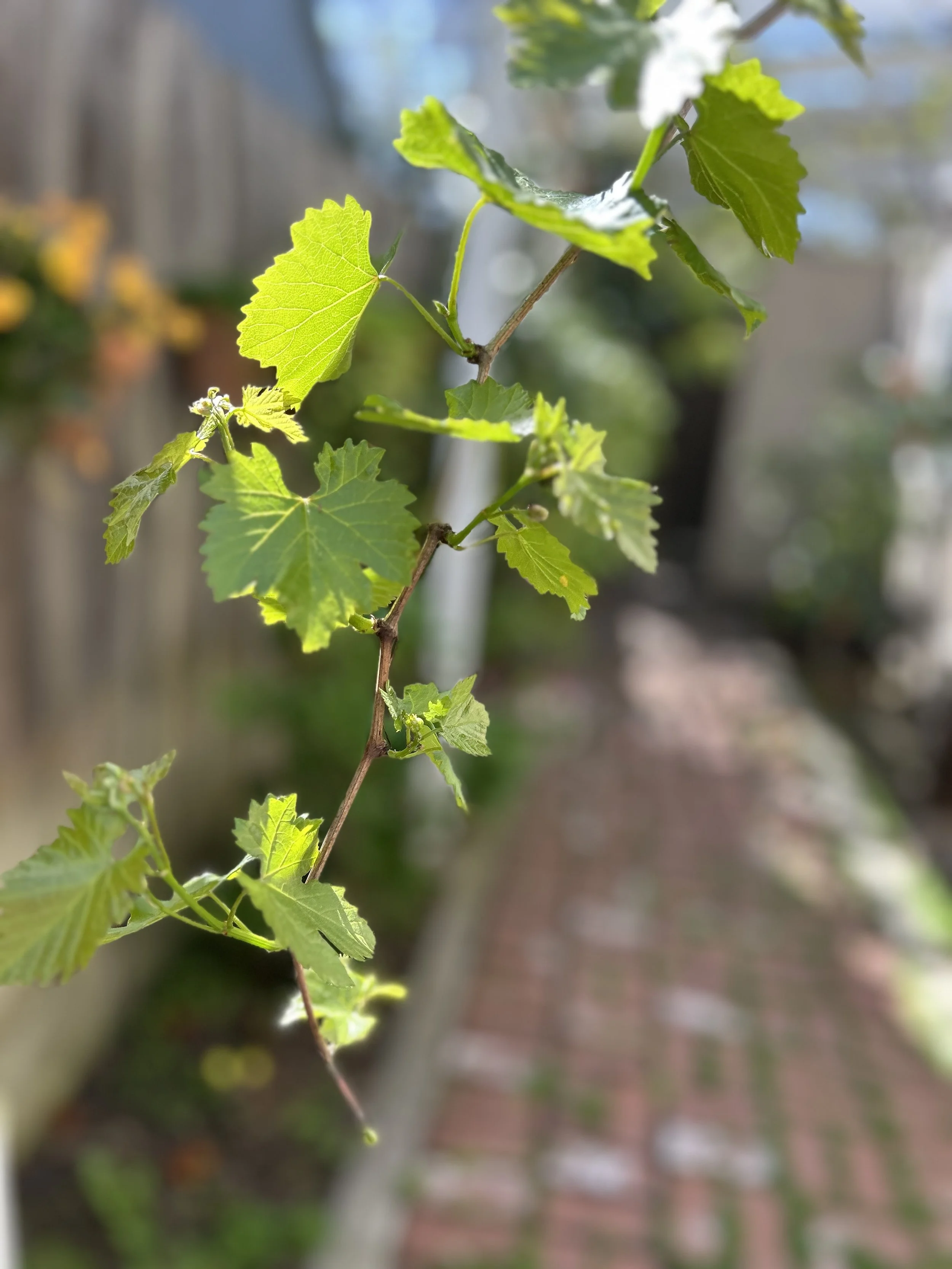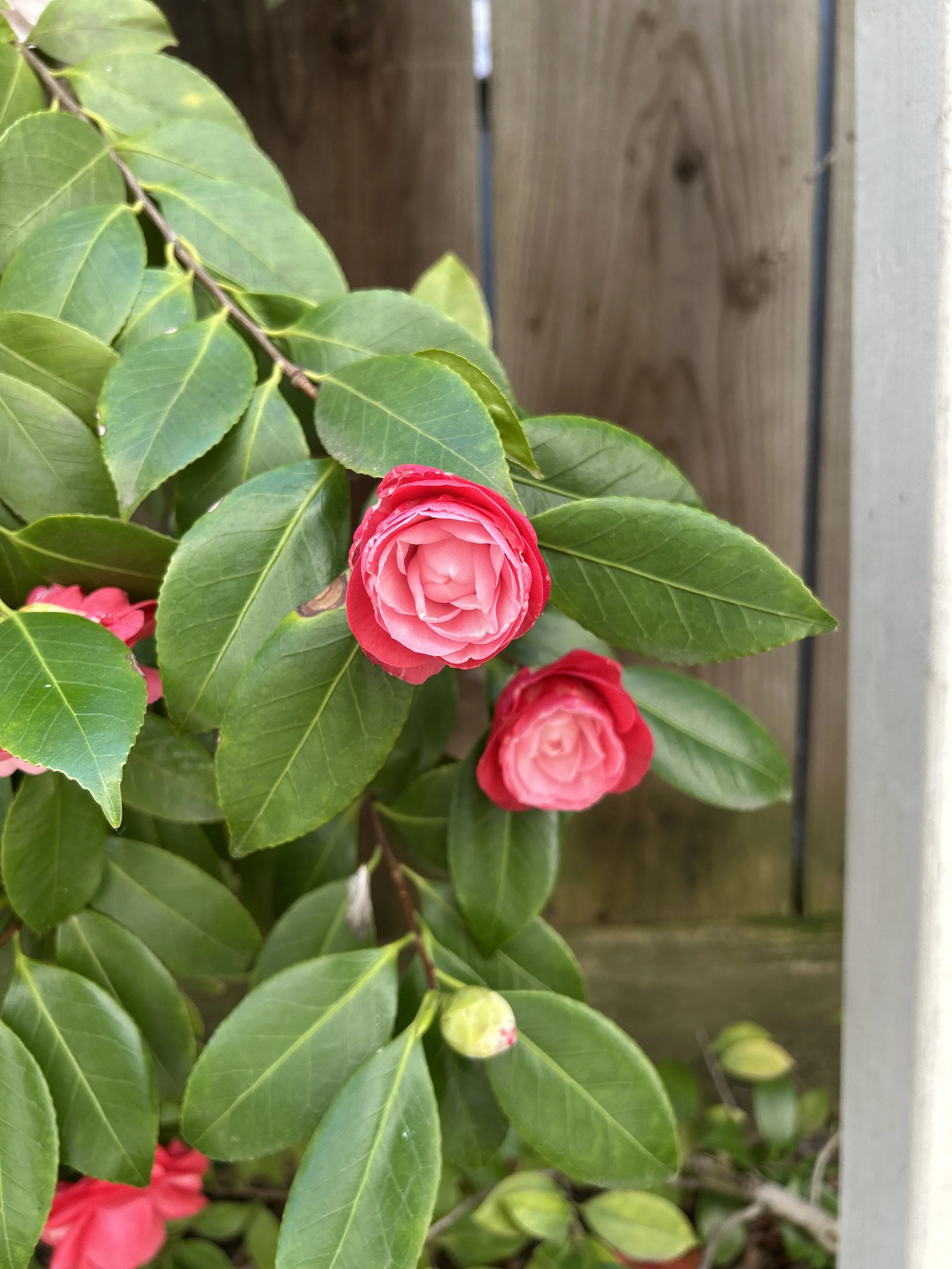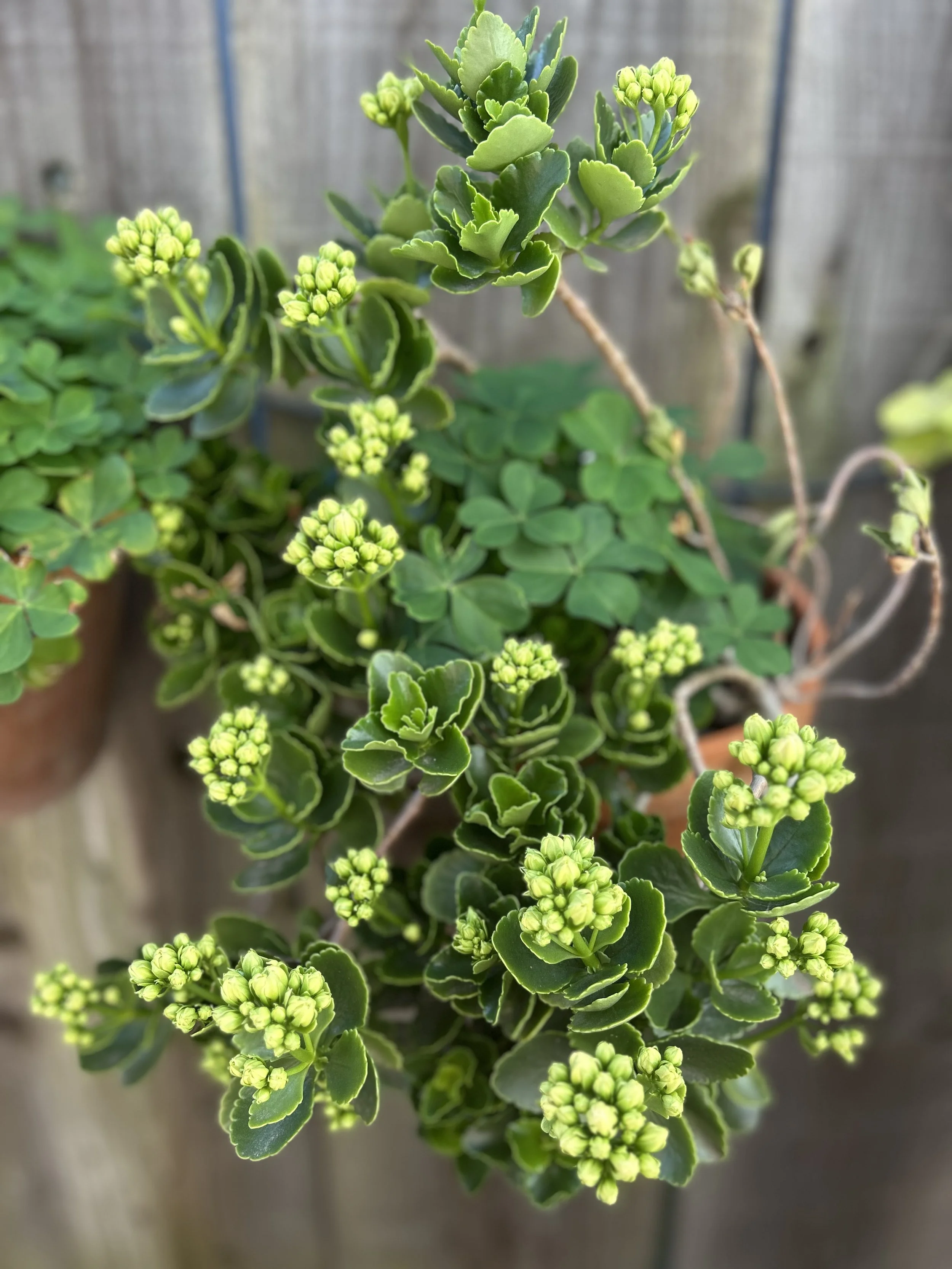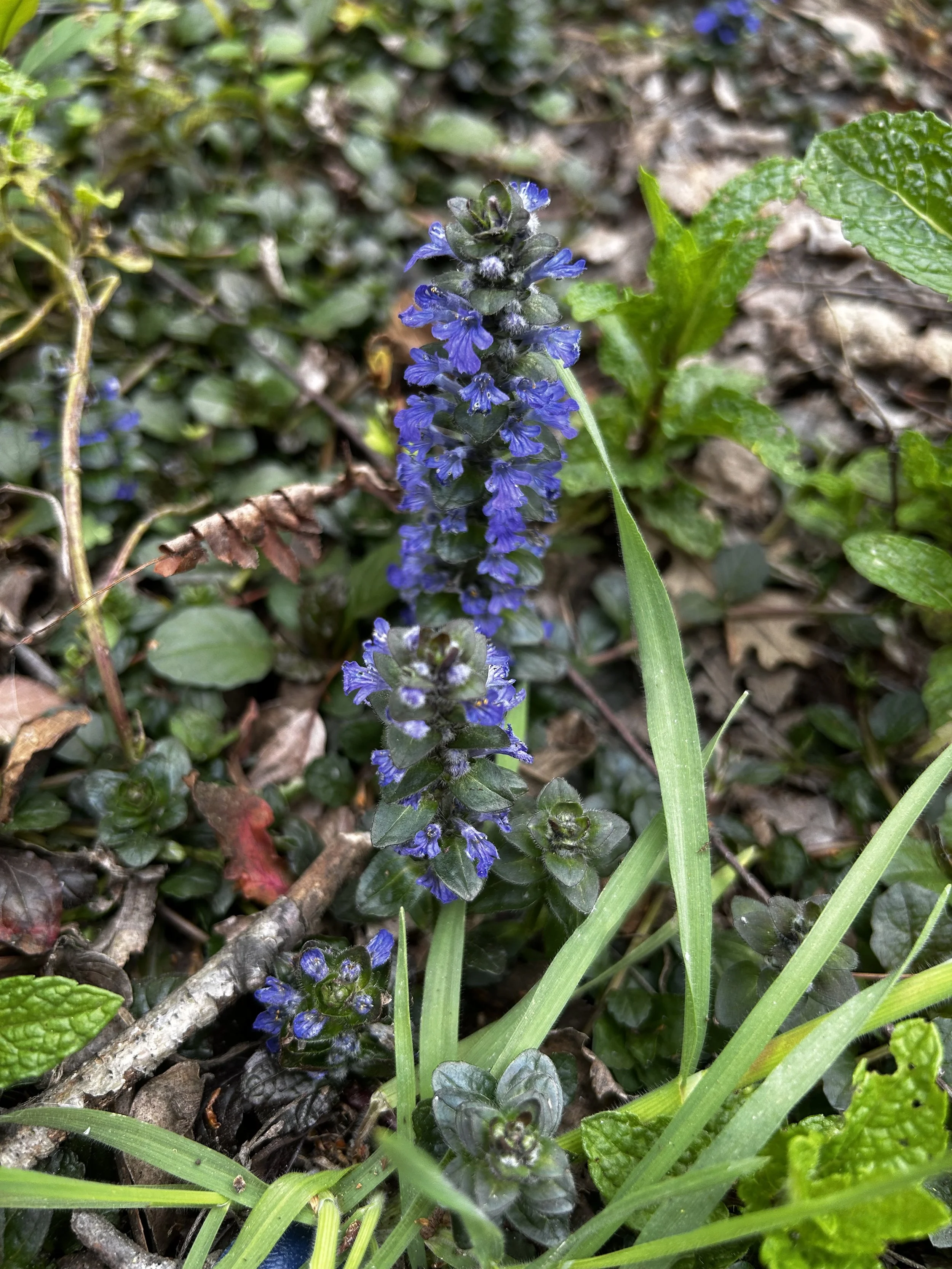roads to emmaus: on learning to wait
Easter Sunday gets all the flash and fanfare. It’s the declaration that death doesn’t win. Death, where is your sting? Grave, where is your victory? It’s the defining moment for Christians. The resurrected Jesus promises new life for each of us.
But I find myself more and more often pondering what those three days before the resurrection must have been like. What did the disciples feel between Good Friday and Sunday morning? What did they experience that first Holy Saturday? We know the end of the story, but they did not.
I’ve spent time waiting in my life and I’m not good at it. Delayed gratification is a skill I wish I could say I’ve perfected, but I was the kid of brain freezes, of scarfing not savoring. The want it fast and want it now kid. The kid counting down the days to a vacation or Christmas morning, losing sleep in anticipation.
I used to wait with excitement, but somewhere along the line I started waiting with dread.
In the Gospel of Luke, there’s a story of two men on the road to a village called Emmaus. They’re leaving Jerusalem after Jesus’s death discussing what happened, and who should come upon them, but Jesus himself. They don’t recognize him.
Luke 24:17-21, NIV
17 He asked them, “What are you discussing together as you walk along?”
They stood still, their faces downcast. 18 One of them, named Cleopas, asked him, “Are you the only one visiting Jerusalem who does not know the things that have happened there in these days?”
19 “What things?” he asked.
“About Jesus of Nazareth,” they replied. “He was a prophet, powerful in word and deed before God and all the people. 20 The chief priests and our rulers handed him over to be sentenced to death, and they sacrificed him; 21 but we had hoped that he was the one who was going to redeem Israel.
They had hoped.
They had hoped Jesus of Nazareth was the savior, the redeemer, but he was dead three days now. How often have I thought, “but I had hoped. I had hoped God would come through in this way. I had hoped he would do this.” How often have I felt that God must be six-feet under? Times when it seemed he was so silent that he was powerless or dead? If not dead, then asleep on the job.
How often have I hoped? How often have I wondered and grieved and planned my escape in the middle of circumstances I didn’t understand?
Presbyterian minister and theologian, Frederick Beuchner wrote of this passage, that Emmaus is,
“the place we go in order to escape—a bar, a movie, wherever it is we throw up our hands and say, ‘Let the whole damned thing go hang. It makes no difference anyway’ … Emmaus may be buying a new suit or new car or… reading a second-rate novel or even writing one. Emmaus may be going to church on Sunday. Emmaus is whatever we do or wherever we go to make ourselves forget that the world holds nothing sacred: that even the wisest and bravest and loveliest decay and die; that even the noblest ideas that men have had—ideas about love and freedom and justice—have always in time been twisted out of shape by selfish men for selfish ends.”
I’ve walked a dozen roads to Emmaus. I’ve spent years dwelling on Good Friday and Holy Saturday with little hope that Sunday is coming. I’ve lost pregnancies and mothers and friendships and dreams. And those experiences and heartaches mattered and still matter. They aren’t erased by time or by a resurrection Sunday. And yet…
Jesus met the men on the road. The Bible says in Psalm 139:7-12, “Where can I go from your Spirit? Where can I flee from your presence? If I go up to the heavens, you are there; if I make my bed in the depths, you are there. If I rise on the wings of the dawn, if I settle on the far side of the sea, even there your hand will hold me fast. If I say, ‘Surely the darkness will hide me and the light become night around me,’ even the darkness will not be dark to you; the night will shine like the day, for darkness is as light to you.”
Darkness is as light. There is no road where God is not. Jesus meets me on hopeless highways and in all my attempts at escape. Jesus is near even when I don’t recognize him.
And that’s what I don’t like about this passage: Jesus is unrecognizable. I like to think God is always visible, easily accessible, plain to see. I don’t want to play hide-and-seek with God. But maybe sometimes I am so blinded by my circumstances that Jesus becomes unrecognizable. Even when I can’t see what He’s doing, Jesus meets me in my hopelessness and running. He doesn’t leave me alone.
I’ve waited for the other shoe to drop. I’ve waited for bad news. But have I waited for resurrection? Have I looked for Jesus on the road?
One of my favorite things about our new house is that I didn’t plant any of the flowers or foliage and I’ve gotten to wonder What color will those camellias be? What about the azaleas? Is that mint? Wait, are those grapevines? The hydrangeas are growing back, but I have no idea what color will burst.
I’ve experienced winters, but have I waited for spring? Everything is blooming and I’m discovering that waiting isn’t always so bad. Springtime is teaching me to wait in anticipation instead of dread. Springtime is reminding me that Sundays come, resurrection comes. Flowers unfurl and take time. And I’m unfurling too.
On this Easter Sunday, oh Lord, remind me that you’re never absent in my waiting. Teach me that even on my roads to Emmaus, you meet me—in hopelessness, in faith, in distress, in grief, in hope and resurrection. Thank you.






